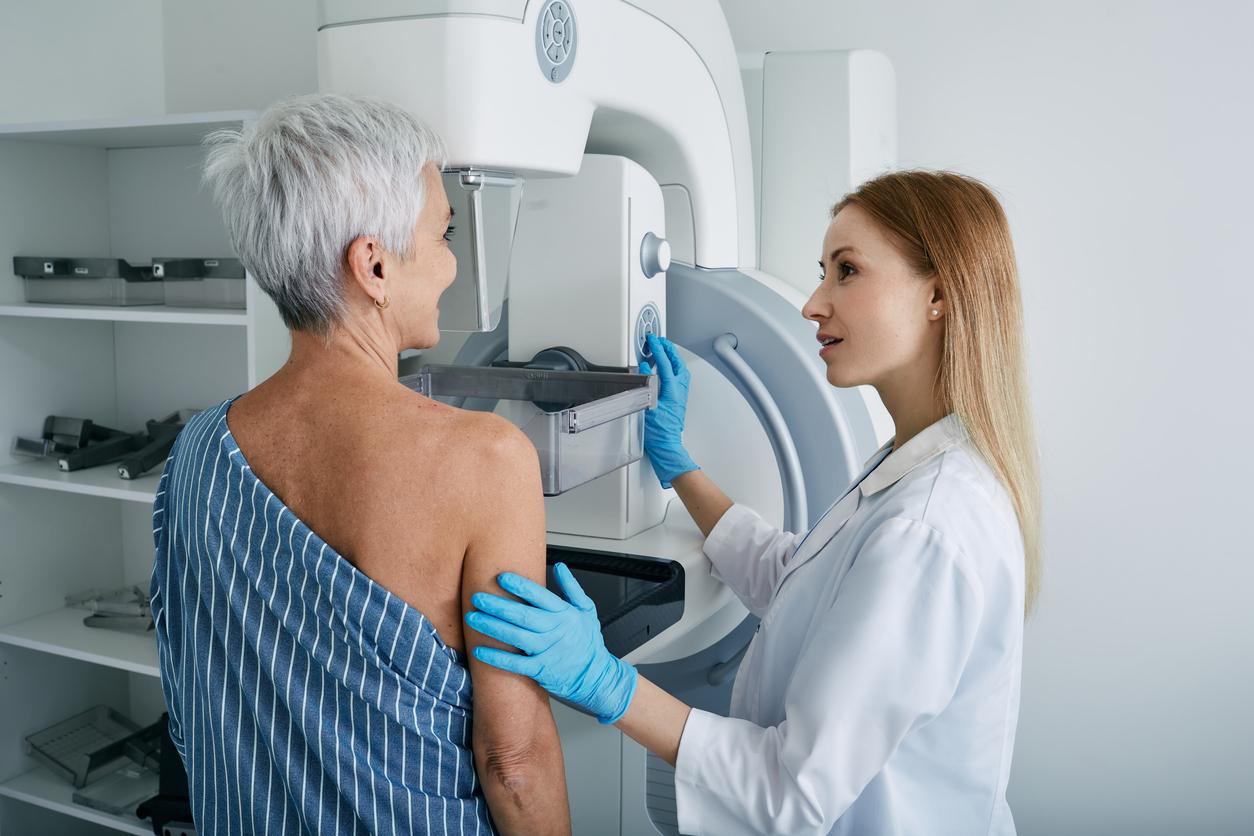Depending on the course of care, survival after cancer is not the same. Being diagnosed in the emergency room reduces the chances of accessing life-saving surgery.

In cancer, it is better to be diagnosed by the general practitioner than in emergencies. This route increases the chances of accessing surgery. This is the result of a study conducted by the Cancer Research UK association, presented at the Cancer Outcome Conference, which is being held in Belfast (United Kingdom), from June 8 to 10.
Women with breast cancer are four times less likely to access surgery when diagnosed in the emergency room. Only 20% of patients are operated on in this case, against 80% when they are followed by their general practitioner. An imbalance that concerns 19 cancers out of the 20 studied by Cancer Research UK. It is only in laryngeal cancer that the choice of surgery is equivalent regardless of the course.
“We have known for some time that patients whose cancers are discovered after an emergency room admission have a lower chance of survival one year after diagnosis,” said Dr. Mick Peake, who participated in the study. However, many people hospitalized on this occasion have advanced cancer, and are therefore less eligible for surgery. “
According to Cancer Research UK, these results should convey two messages: early diagnosis should be more widespread, and when a patient is admitted to the emergency room, a team of specialists should be available to optimize treatment. It is all the more important that the surgery would represent half of the cases of cure. “Knowing when, where and how patients are diagnosed would help us overcome barriers and better plan services that will improve survival after cancer and the patient experience,” concludes Sara Hiom, head of early diagnosis at the association.
.

















